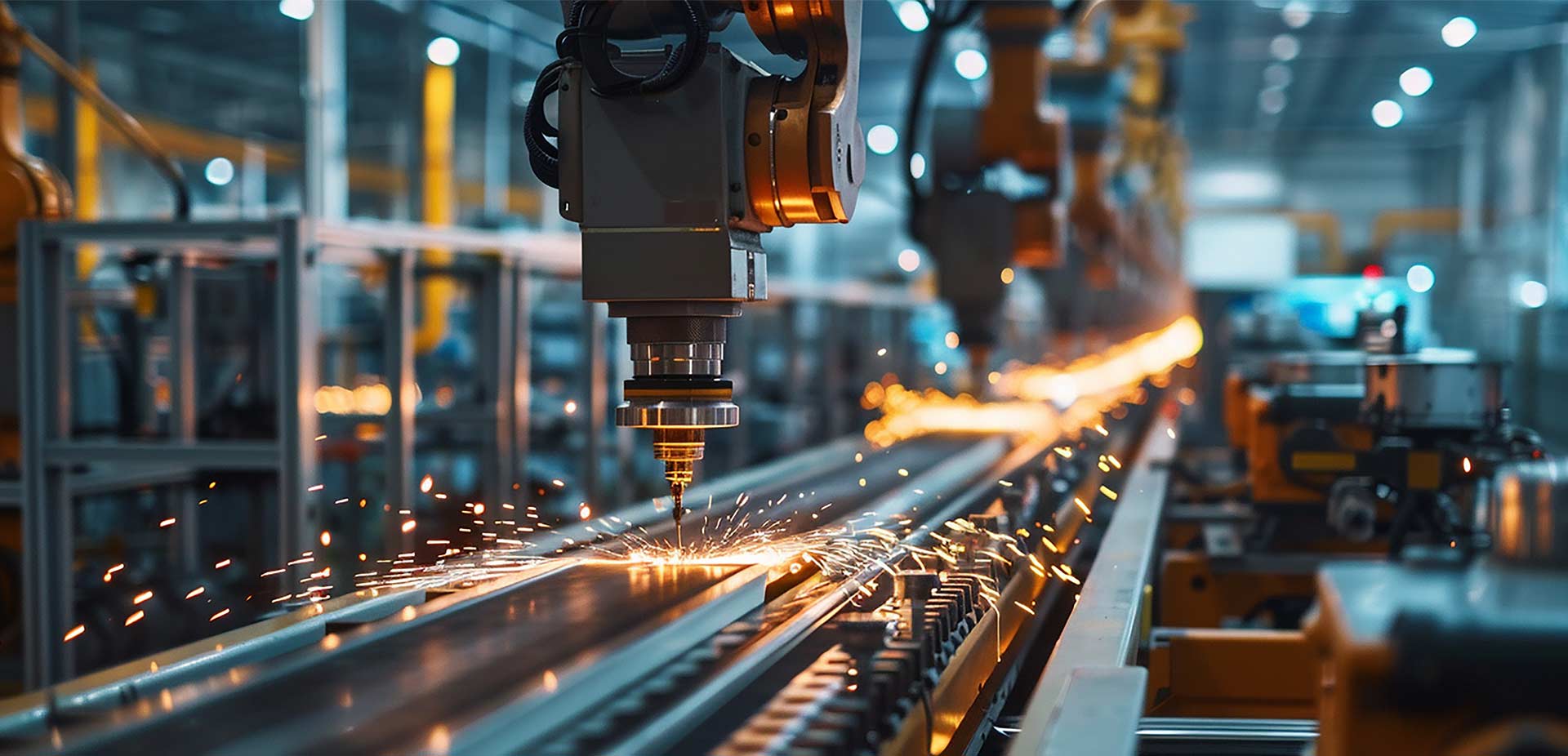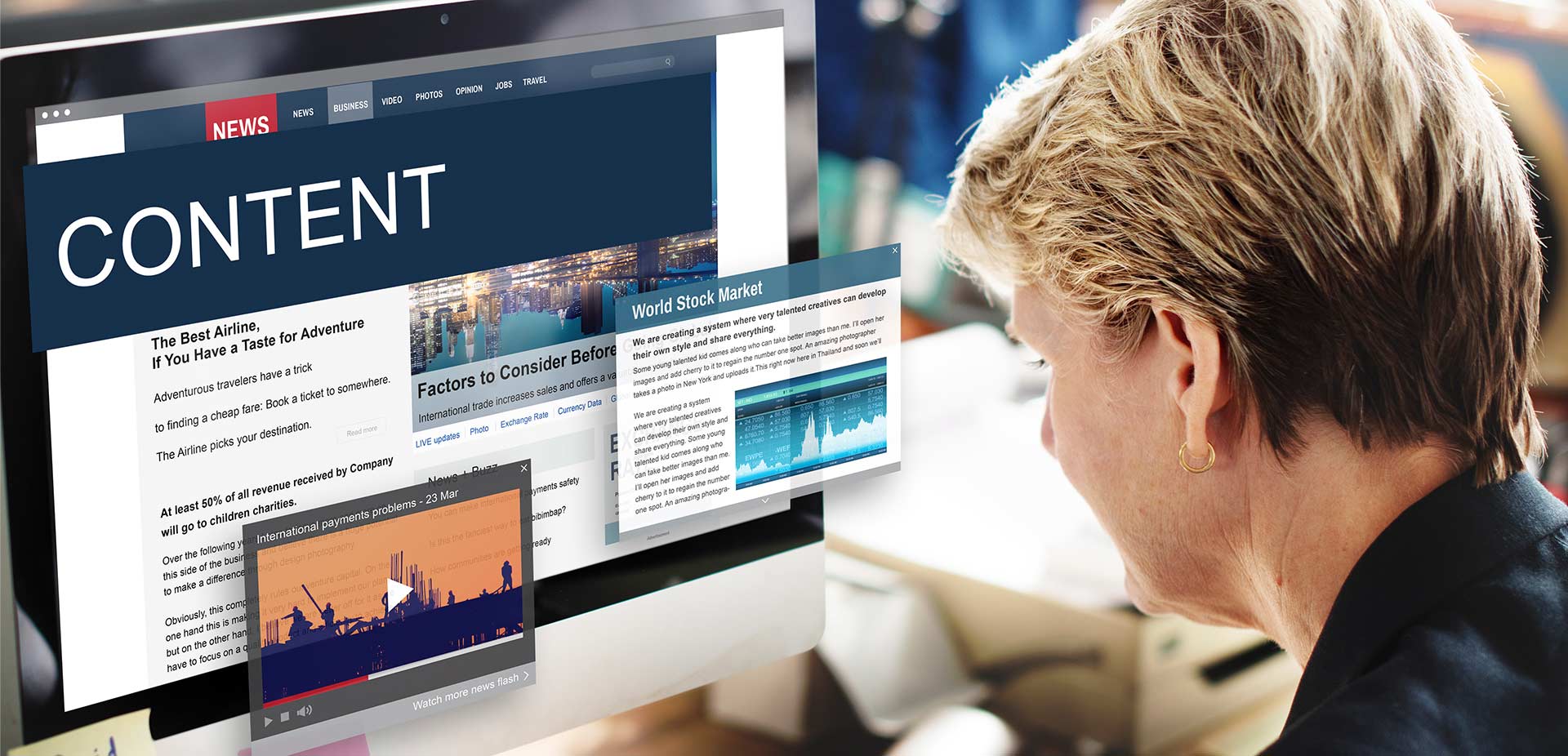AI Revolutionizing Manufacturing
The concept of “artificial intelligence” was introduced by American scientist John McCarthy in 1956, envisioning machines capable of mimicking human intelligence. Today, AI encompasses a combination of technologies like machine learning, deep learning, natural language processing, and computer vision, among others.
In the realm of manufacturing, AI has emerged as a game-changer, revolutionizing processes from production optimization to quality control and predictive maintenance. This transformative force is reshaping every aspect of manufacturing operations, driving efficiency and innovation.
In recent years, manufacturers have increasingly embraced AI’s potential to enhance efficiency, foster innovation, and unlock new growth opportunities. A report by the World Economic Forum reveals that 70% of global manufacturers recognize AI’s value in generating business value, with more than half already integrating AI into their operations.
Market analysts project significant growth in the value of AI within manufacturing, with estimates indicating a staggering increase from $3.2 billion in 2023 to approximately $20.8 billion by 2028. This rapid growth, at a compound annual rate of 45.6%, is fueled by the escalating demand to handle complex datasets and the widespread adoption of technologies such as big data analytics, machine learning, industrial robotics, and the Internet of Things.
As manufacturers deepen their understanding of AI and its capabilities, they can develop tailored implementation strategies to address specific needs. These strategies are crucial for determining the optimal timing, scope, and deployment methods for AI technologies within manufacturing operations. By adopting a nuanced approach, manufacturers can harness the full potential of AI while navigating potential risks and challenges.
OR
Artificial intelligence (AI) was first introduced by American scientist John McCarthy in 1956, envisioning machines that can think like humans. Nowadays, AI includes various technologies like dmachine learning, deep learning, and others.
In manufacturing, AI is changing everything. It’s making processes like production, quality control, and maintenance much better. This is making manufacturing more efficient and innovative.
Recently, more manufacturers are seeing how AI can help them. A report from the World Economic Forum says that 70% of manufacturers worldwide see AI as valuable for their businesses. Over half of them are already using AI in their work.
Experts say that the value of AI in manufacturing will grow a lot. They think it will go from $3.2 billion in 2023 to around $20.8 billion by 2028. This fast growth is because companies need to deal with big amounts of data and are using technologies like big data analytics, machine learning, and robotics more and more.
As manufacturers learn more about AI, they can make plans that fit their needs. These plans are important for figuring out when and how to use AI in manufacturing. By doing this carefully, companies can use AI to its full potential while dealing with any problems that might come up.
Why Does AI in Manufacturing Matter?
The integration of artificial intelligence (AI) into manufacturing processes is revolutionizing the industry, leading to significant advancements in efficiency, productivity, and cost-effectiveness. Here are some key numbers and details highlighting the impact of AI in manufacturing:
- Market Growth: The global AI in manufacturing market size was valued at $1.1 billion in 2019 and is projected to reach $16.7 billion by 2027, with a compound annual growth rate (CAGR) of 40.4% from 2020 to 2027 (source: Allied Market Research).
- Increased Efficiency: AI-powered predictive maintenance can reduce maintenance costs by up to 30% and unplanned downtime by 70%, leading to significant improvements in operational efficiency (source: McKinsey & Company).
- Quality Improvement: AI-driven quality control systems can detect defects with an accuracy rate of over 90%, ensuring higher product quality and reducing the likelihood of recalls or rework (source: Deloitte).
- Cost Savings: Manufacturers implementing AI technologies report an average cost reduction of 18% in labor costs and a 10-20% reduction in material costs (source: PwC).
- Supply Chain Optimization: AI-powered supply chain analytics can lead to a 20-50% reduction in supply chain costs and a 50% improvement in supply chain efficiency (source: Capgemini).
- Workforce Augmentation: By 2025, it is estimated that AI will have augmented the productivity of manufacturing workers by up to 40%, enabling them to focus on higher-value tasks (source: World Economic Forum).
- Environmental Impact: AI-driven optimization of energy consumption and resource utilization can lead to a 15-20% reduction in energy costs and a significant decrease in carbon emissions (source: International Energy Agency).
- ROI: Best-in-class AI implementations in manufacturing have shown an average return on investment (ROI) of 13%, compared to the industry average of 5.9% (source: IBM).
- Safety Enhancement: AI-powered collaborative robots (cobots) can reduce workplace accidents by up to 50% and improve overall safety compliance by continuously monitoring work environments (source: Robotics Business Review).
- Innovation Catalyst: AI facilitates rapid product design iterations and accelerates time-to-market by up to 50%, enabling manufacturers to stay ahead of competition and meet evolving customer demands (source: Forbes).
Introduce AI Into Your Manufacturing with Digitelescope
Bringing artificial intelligence (AI) into your manufacturing processes starts with harnessing high-quality data across all levels of your organization. Digitelescope for Manufacturing offers a comprehensive cloud-based solution tailored to modern manufacturers of any size. This software breaks down data silos, providing business leaders with a unified view of their operations through robust features like inventory management, real-time analytics, and business insights. With Digitelescope, manufacturers can also benefit from demand forecasting and production planning, empowering them to prioritize growth and innovation while making strategic, data-driven decisions. Digitelescope’s ERP solution relies on real-time data, giving manufacturers an accurate depiction of their business landscape.
Recent Post
-
 How To Pick Inventory Mangement Solution For Success24 Jul 2024
How To Pick Inventory Mangement Solution For Success24 Jul 2024 -
 The Dos and Don’ts of ERP Software Selection for Industrial Manufacturers24 Jul 2024
The Dos and Don’ts of ERP Software Selection for Industrial Manufacturers24 Jul 2024 -
 NetSuite for Medical Device Manufacturers24 Jul 2024
NetSuite for Medical Device Manufacturers24 Jul 2024 -
 Netsuite for Media & Publishing24 Jul 2024
Netsuite for Media & Publishing24 Jul 2024 -
 NetSuite for Biopharma and Life Sciences Companies24 Jul 2024
NetSuite for Biopharma and Life Sciences Companies24 Jul 2024
Tag
artificial intelligence, manufacturing
